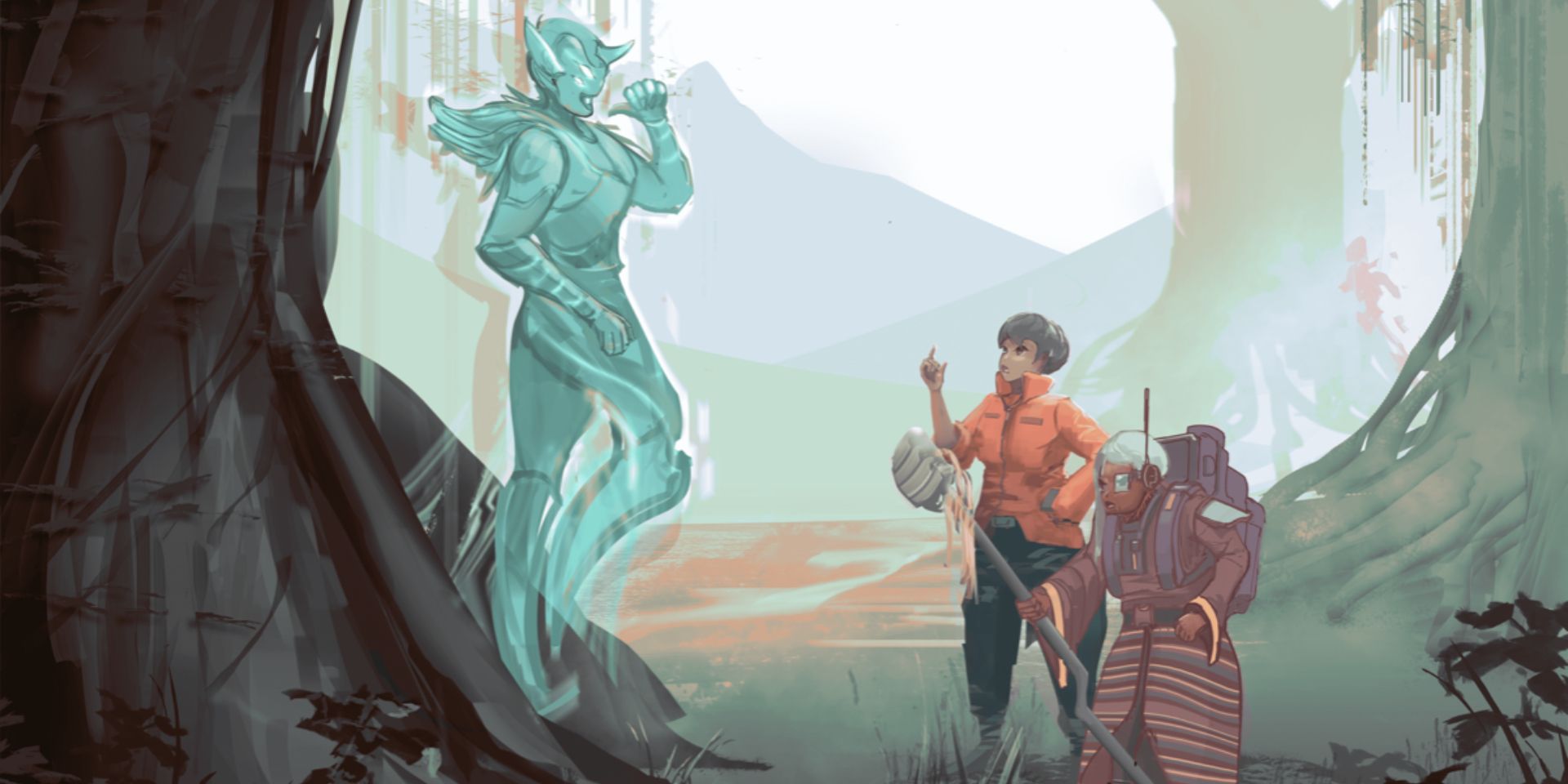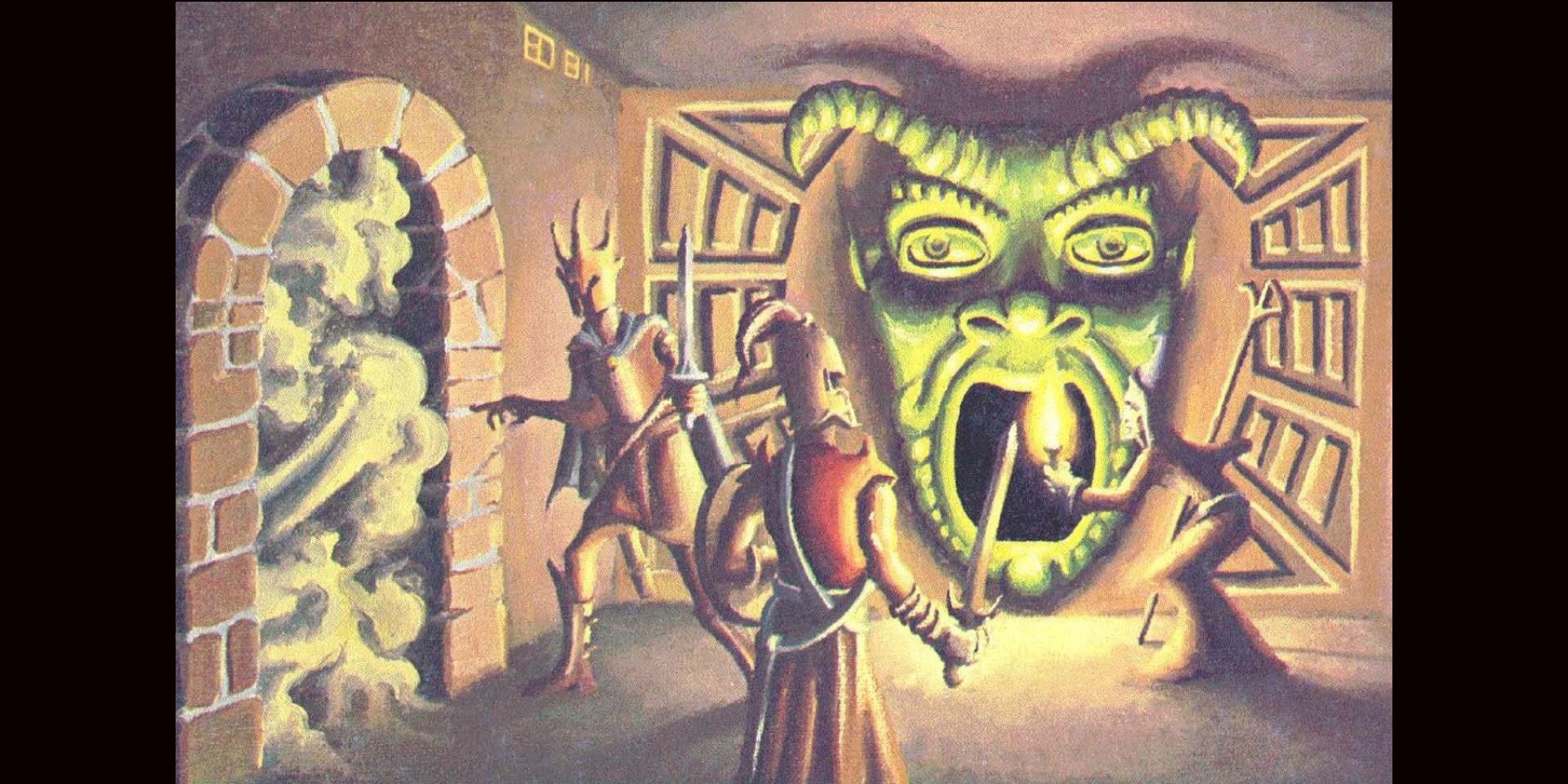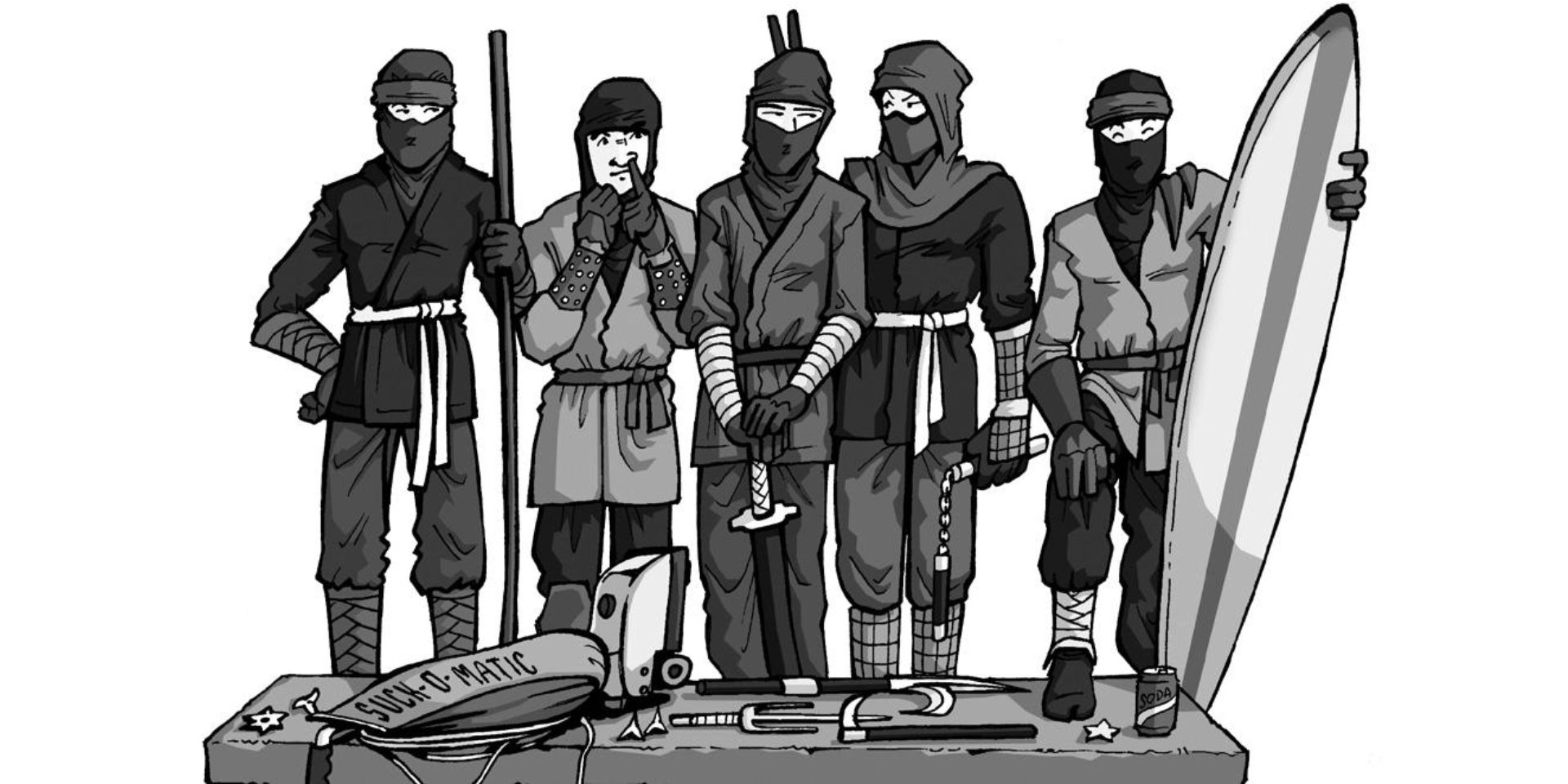The Dungeons & Dragons roleplaying game system is one of the oldest and most famous tabletop RPGs out there, but it’s far from the only system in existence. From fantasy games like RuneQuest to science fiction RPGs like Traveler, there’s a vast library of RPG systems designed for different types of gameplay and storytelling. For Game Masters trying to create a new RPG campaign with original characters and settings, picking the right system for their game can be a challenge.
Shortly after Dungeons & Dragons became a huge hit, a number of other tabletop game developers followed in D&D‘s footsteps by designing their own tabletop RPGs. Some RPGs, like Empire Of The Petal Throne and RuneQuest, tried to build off D&D with new settings and innovative rules. RPGs like Traveler tried to branch out into science fiction and other genres outside of western fantasy, while others were experimental and avante-garde (such as Bunnies & Burrows, an early RPG about tiny rabbits inspired by the novel Watership Down).
For a time in the 1990s, it looked like computer RPGs and MMOs were going to supersede TTRPGs entirely. Instead, there was a fresh new surge in titles during the 2000s and 2010s, with online publishing and virtual tabletop websites making it easier than ever to both play and publish “pen-and-paper” roleplaying games. Now, aspiring DMs have no shortage of products to choose from – making it all the more important to choose an RPG system best-suited to the game they want to run.
GM Tip – Pick An RPG System That Matches The Story’s Genre & Mood

Dungeons & Dragons is a heroic fantasy RPG centered around combat, exploration, social interaction, and the acquisition of magical treasure and frequently magical abilities. The storyline of a D&D campaign can be light-hearted or grim in tone, but is consistently centered around problem-solving mercenaries that start out fragile and grow into mighty heroes capable of altering the world. RPGs like Trophy Dark, Call of Cthulu, or Heart: The City Beneath are also about fantastical adventuring parties with magic, but their attrition-based gameplay mechanics and horror-tinged settings are better fits for darker games.
GM Tip – Some RPG Systems Are More Lethal Than Others

Some GMs may want to run a campaign about superheroes, regardless of whether their game is actually set in a superheroic world. They want their PCs to be individuals with remarkable abilities and extremely high levels of competence, capably accomplishing epic deeds, and lucky enough to get second chances when they do fail. Other GMs want to run games about heroes who are very human and fallible – protagonists who can’t wash away a stab wound or traumatic event with a good night’s rest, who struggle and strive for every victory.
For superheroic tabletop RPGs, GMs should pick tabletop systems with abilities and rules players can use to create capable, hard-to-kill protagonists: mythic fantasy RPGs like Exalted or Scion are great systems for games about larger-than-life heroes, as is Dungeons & Dragons when the character levels of PCs are high enough. RPG campaigns about desperate, mortal heroes are best matched by systems where every dice roll or card draw makes players hold their breath; “Old School Revival” games are famous for being very lethal and risky, while many “Powered By the Apocalypse” RPGs have dice resolution rules where the most probable outcome for PCs is “success, but with a cost.“
GM Tip – RPGs For Long Campaigns Or One-Shots

When selecting a tabletop RPG system for their first game session, a GM may find it more helpful to ask themselves this question: “Does this RPG system match the duration of the game I want to run?” For one-shot campaigns (games that will start and end in a single session), GMs are generally better off using RPG systems with simple, straightforward rules and quick character creation. If an RPG campaign is going to last for a longer period of time (dozens of sessions over the span of one or more years), simple tabletop RPGs may not be sufficient. In these situations, Game Masters may be better off using systems with the complexity of Dungeons & Dragons, filled with rules, setting details, and level-up options players can explore in a rewarding way over a long period of time.




